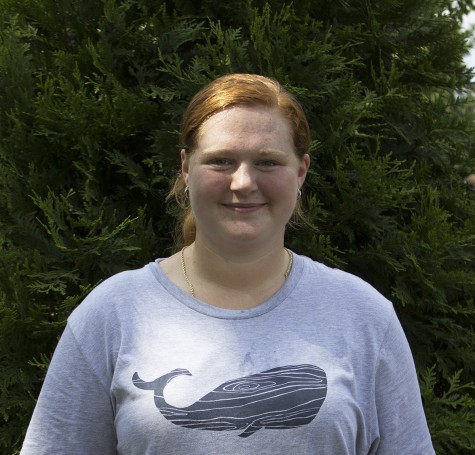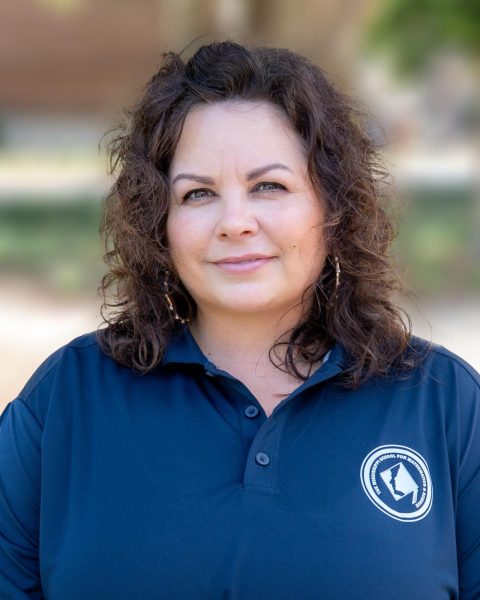Margaret Henry Shares Her Voice With Students Today and Readers in the Past

Margaret Mary Henry teaches students in Russian and Spanish while also pursuing her own interests in journalism and music
January 4, 2016
From working as a personal assistant in 1990s post-Soviet Moscow to reporting on the Mississippi Gulf Coast Sherry murders of the 1980s, Margaret Henry has followed a curving career path to her current job at the Mississippi School for Mathematics and Science.
Inspired by her love of languages and undergraduate major in foreign language, Henry spends her days teaching Spanish and Russian to mathematically and scientifically inclined students. As an adviser of Russian club and National Spanish Honor Society, Henry also teaches students about the cultures of their language studies.
“I feel a real sense of mission with language because the study of another culture really relates to trying to make this world a better place,” Henry said, “I just love language…I think it’s possible to find within another language, within another culture, another self.”
In Henry’s Russian courses, students sometimes come across fragments of their instructor’s former careers in the form of newspaper articles for translation. Originating from Henry’s own “clip book,” these articles were written by Henry during her work as an international reporter based in Moscow, Russia.
From 1992 to 1999, Henry lived and worked in Moscow, witnessing the rebuilding of the former Soviet state. Through a Rotary Club network previously established with a fellowship in Argentina, Henry secured a job as a personal assistant to an Atlanta, Ga., businessman working in the developing economy of Moscow. After “a very interesting year there” and “a few visits from a some mafia types,” Henry decided to return to journalism, a Henry family affair. Working for the Moscow Times, an English publication, Henry began at the copy desk, fact-checking and headline-writing for the newspaper.
“After about 5-6 months, I was offered the job of Features editor which was my dream job because within features is the arts,” Henry said. She managed publications filling the back page of the tabloid-sized newspaper, with stories ranging from traditional theater and arts pieces to articles chronicling the post-USSR enterprises.
After almost seven years, Henry returned to the Boston in the United States because “it’d be interesting to live and find a job in Boston.” She wrote for the Christian Science Monitor for four years, harnessing her previous international experience while editing stories from Europe and the former Soviet bloc nations.
Henry ended her journalism career by moving back to her native Columbus to teach university journalism courses. As the Gibbons Chair at the Mississippi University for Women, Henry taught communications classes based off her varied experience for 5 years.
“In 2010, I heard about an opening at MSMS teaching Spanish and soon I added Russian and now this is my sixth year,” Henry said, fondly recalling her switch from journalism to foreign language education.
Throughout her career as a teacher, reporter and other odd jobs, Henry has used her love of arts, her natural inclination for writing and the interconnected nexus of her past experiences to succeed. To her, journalism is a unique study and career.
“There is nothing like journalism for clarity of mind,” Henry said, “It teaches you to meet deadlines, to think on your feet, and to analyze; it teaches you life. You meet all kinds of people in journalism and you get to know the world.”
From her original print media position as editor at her high school newspaper, the Columbus-based Lee High Mirror, to her teaching position at MSMS, Henry has traveled thousands of miles across the globe, crossed paths with many notable and everyday faces, and spoken multiple languages all to accomplish many different jobs.








